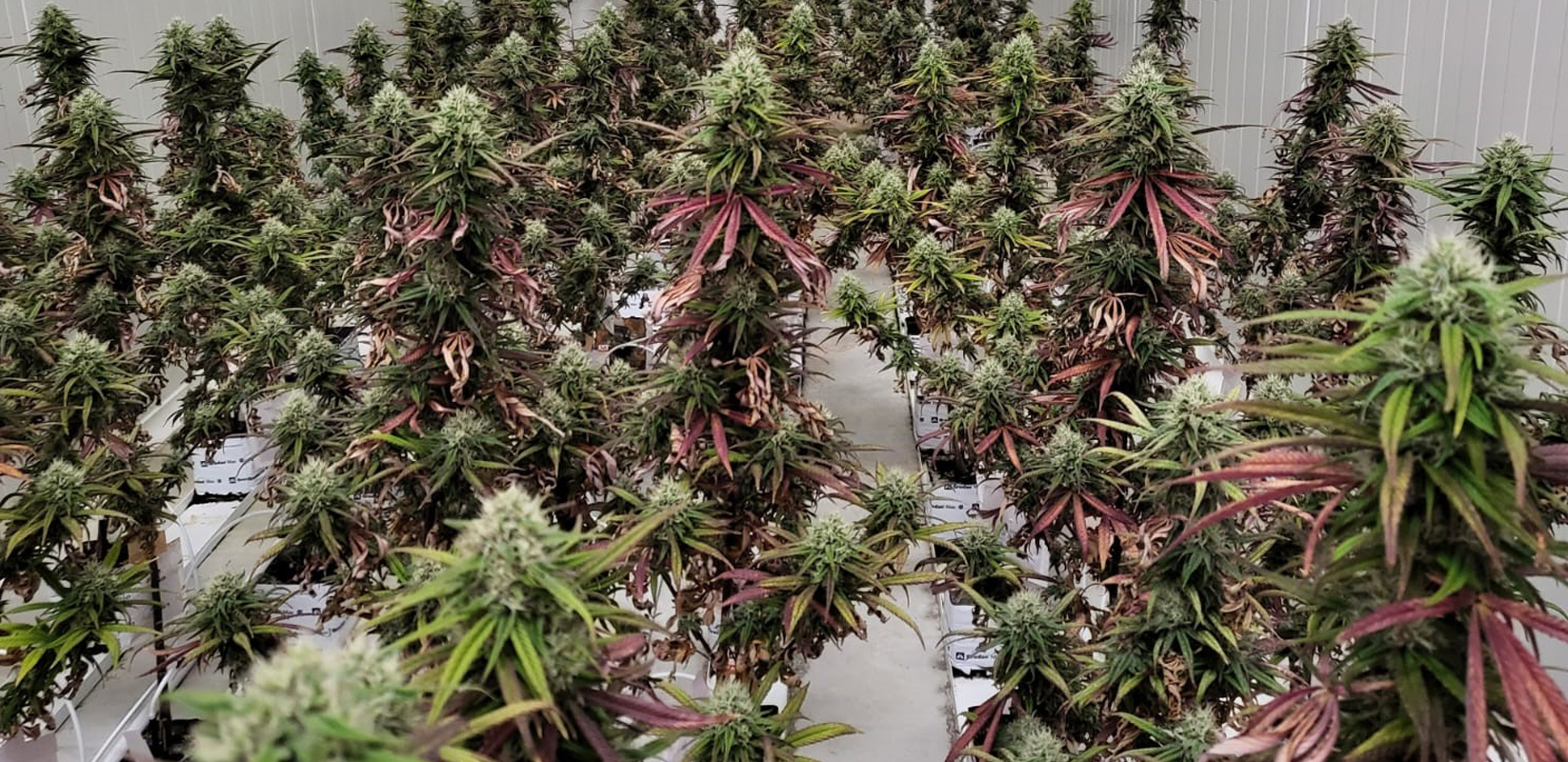Cultivation
Ganja Without Growing: Xinteza Unveils Advance in Cannabinoid Biosynthesis
Non-cannabis plant biosynthesis systems have the potential to achieve higher yields, better consistency, purity and cost effectiveness.
 Biosynthesis technology company Xinteza of Tel Aviv, Israel uses biosynthesis technology to produce lab-made minor and modified cannabinoids, and the most sought-after psychoactive ingredients — without plants. PHOTO GCT
Biosynthesis technology company Xinteza of Tel Aviv, Israel uses biosynthesis technology to produce lab-made minor and modified cannabinoids, and the most sought-after psychoactive ingredients — without plants. PHOTO GCT
Advertisement
Cannaconvo with Peter Su of Green Check Verified
Cannabis Last Week with Jon Purow interviews Peter Su of Green Check Verified. Peter Su is a Senior Vice President with Green Check Verified, the top cannabis banking compliance software/consultancy in the space. A 20+ year veteran of the banking industry, Peter serves on the Banking & Financial Services committee of the National Cannabis Industry Association. He chairs the Banking and Financial Services Committee for the NYCCIA & HVCIA. He is an official member of the Rolling Stone Cannabis Culture Council. And, he is on the board of the Asian Cannabis Roundtable, serving as treasurer.
















